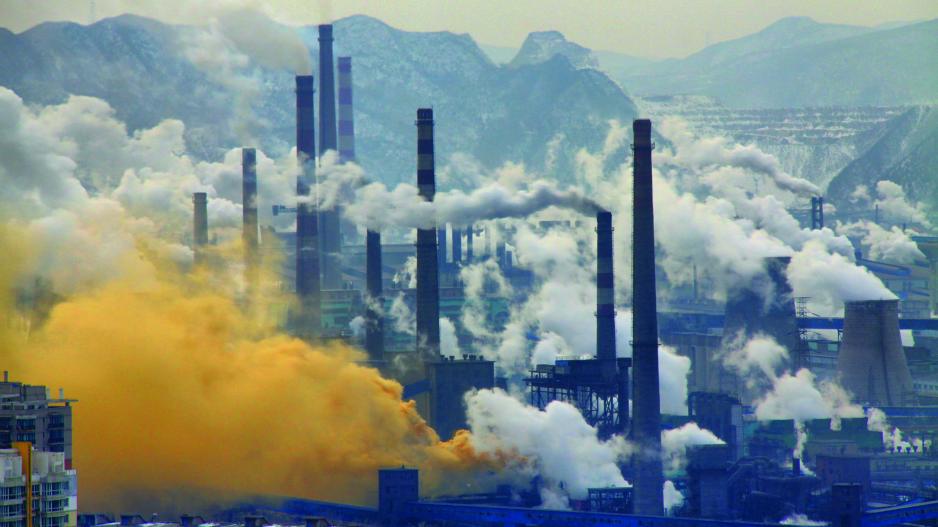UN Climate Chief Warns G20 of Urgent Climate Action Need
His Warning Comes at a Time When Inflation and the Constraints of Ecological Transition Threaten the Climate Ambitions of Wealthy Countries
Governments, business leaders, and development banks have a two-year window to take action to avert more severe climate change, warned the UN's Climate Chief in a speech yesterday, highlighting that global warming is not receiving adequate attention on the political agenda.
Scientists stress that cutting greenhouse gas emissions by half by 2030 is crucial to prevent a temperature rise of more than 1.5 degrees Celsius, which would trigger more extreme weather conditions and heat.

The G20, divided on geopolitical issues, cannot afford to relegate climate disruption to a secondary issue, which "will decimate" their economies, warned the UN Climate Chief. He advocated for a "new economic deal" to assist developing countries in combating global warming.
"Blaming others is not a strategy," and "demoting climate issues is not a solution to a disruption that will decimate every G20 economy separately and is already causing damage," stated Simon Stiell in a speech in London.
On March 1, the G20 finance ministers concluded their meeting in São Paulo without a joint statement due to a "deadlock" linked to divisions over the wars in Ukraine and Gaza.
Mobilizing billions of dollars for the energy transition and adaptation to extreme weather in developing economies is a central issue in international climate negotiations for 2024, ahead of COP29 in Baku in November, and at the forefront of the World Bank and IMF's spring meetings in mid-April.
"The economic firepower that the G20 mobilized during the global financial crisis (2008) should be deployed again and decisively directed toward curbing skyrocketing emissions" and immediate adaptation, added the Executive Secretary of the United Nations Framework Convention on Climate Change (UNFCCC).
The G20 leadership, representing the planet's 20 largest economies and accounting for 80% of global emissions, "must be at the center of the solution, just as during the great financial crisis," Stiell added, addressing the forum of wealthy and major emerging economies, including China, India, and Brazil.
Countries worldwide must strengthen their greenhouse gas reduction targets, currently insufficient to limit warming to 1.5°C as outlined in the Paris Agreement, reminded the UN official.
Simon Stiell also emphasized the "absolutely crucial role" of G7 countries "as key shareholders of the World Bank and IMF."
Although all countries must revise their emission reduction plans by COP30 in 2025, releasing financial aid is a "prerequisite" for developing countries' efforts "without which all economies, including the G7, will soon suffer serious and permanent problems," the UN Climate Chief underscored.
His warning comes at a time when inflation and the constraints of ecological transition threaten, two months before the European elections, the climate ambitions of wealthy countries and, indirectly, international economic solidarity.






